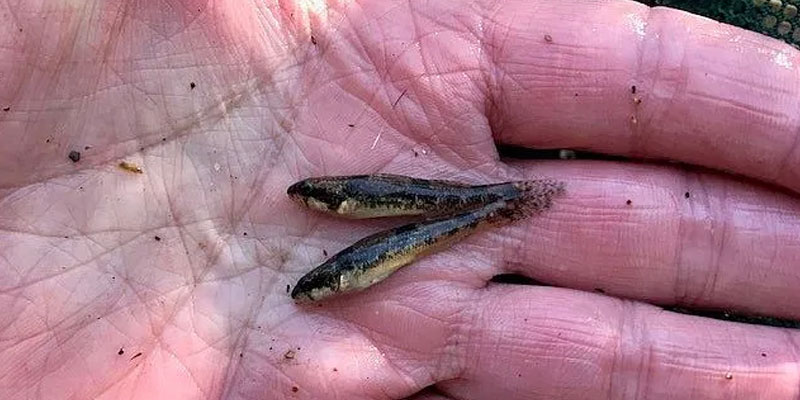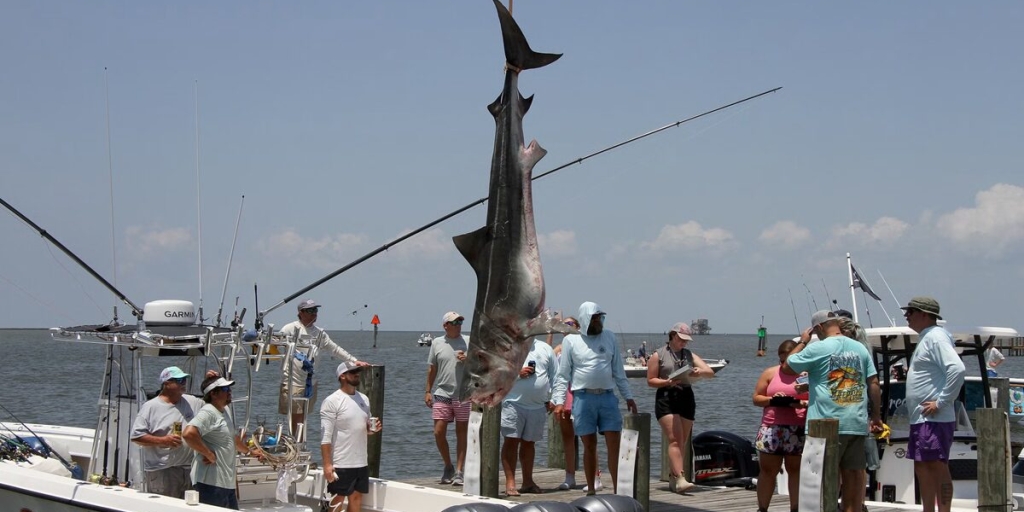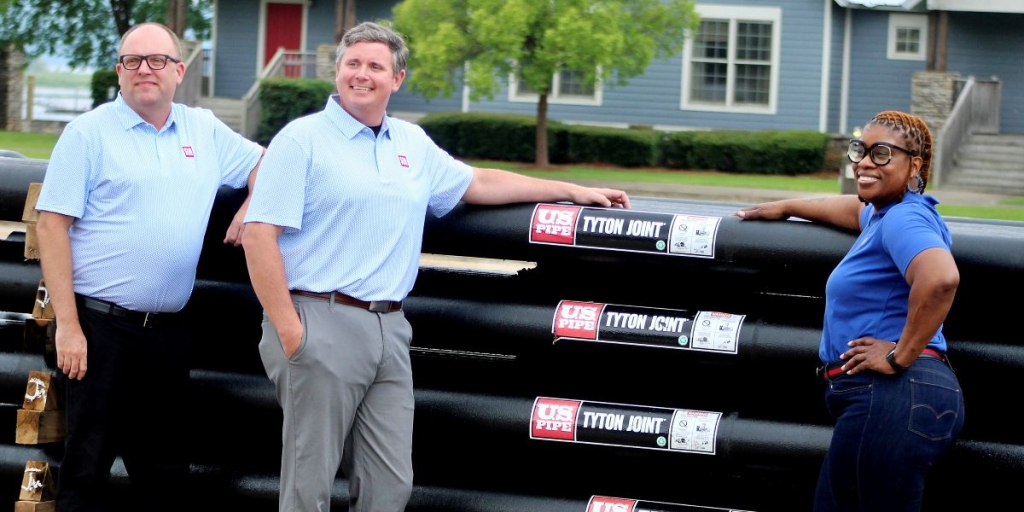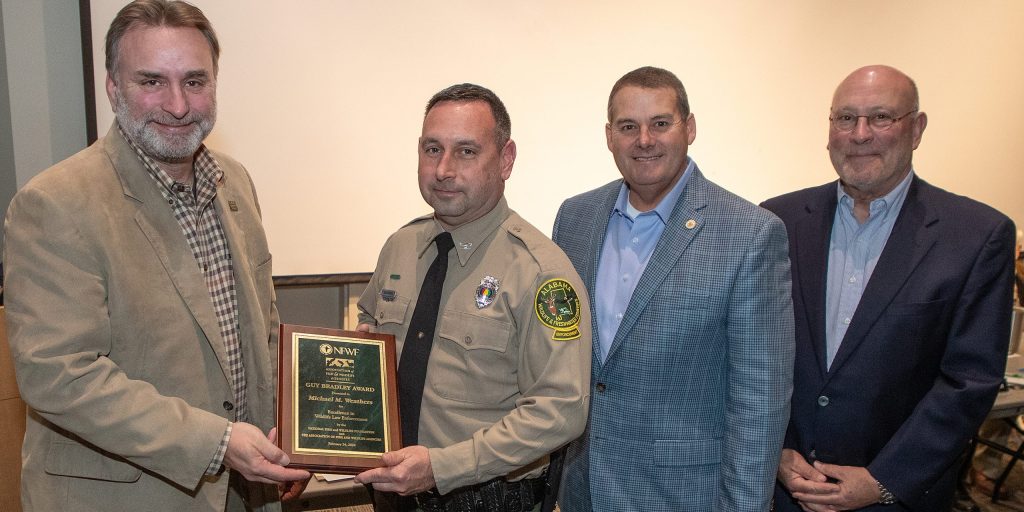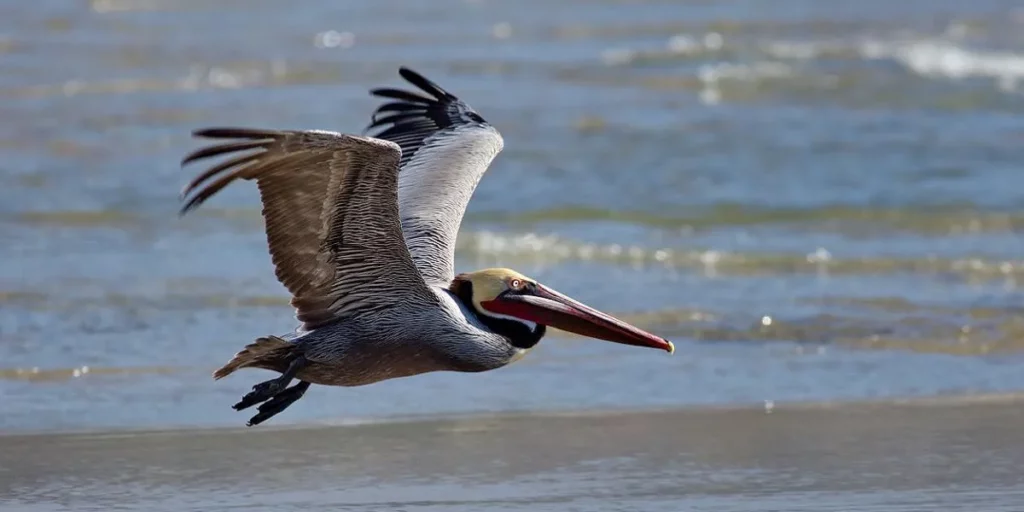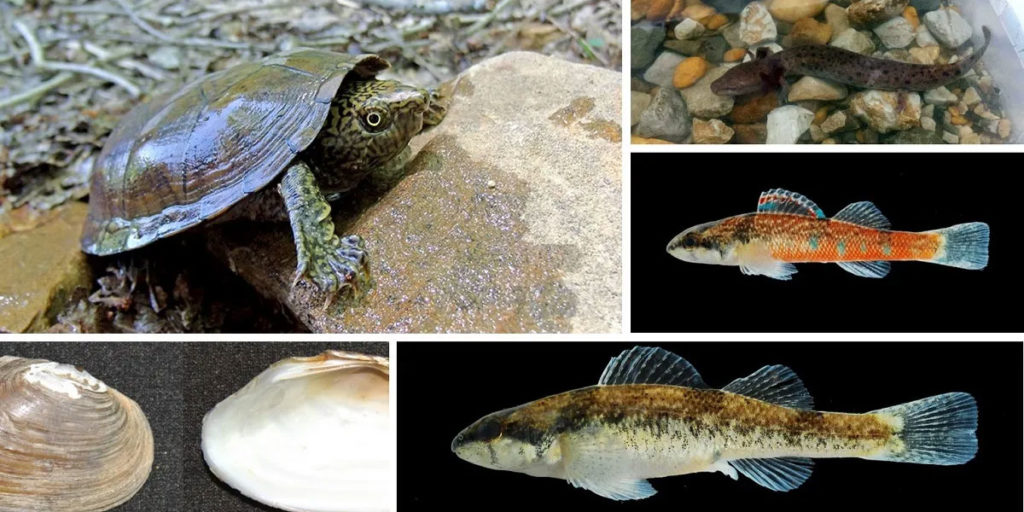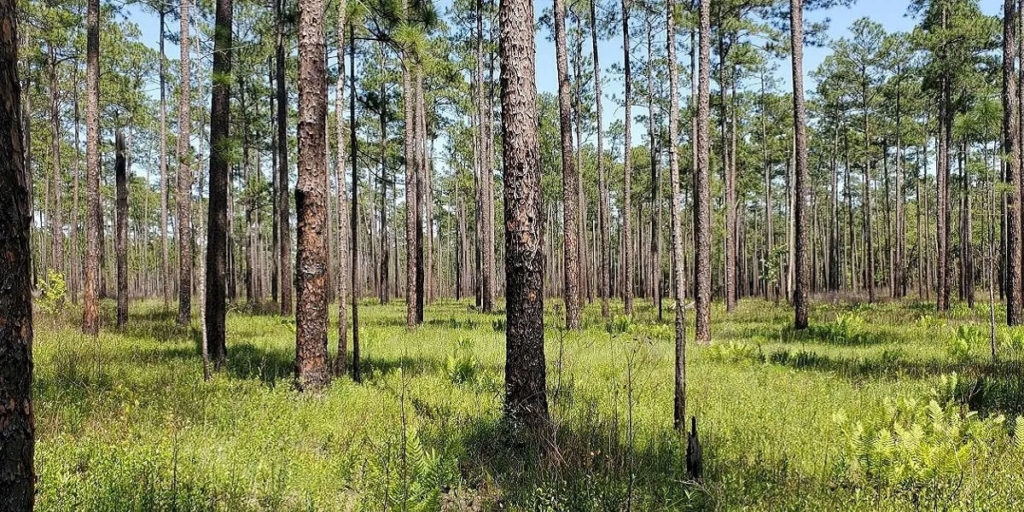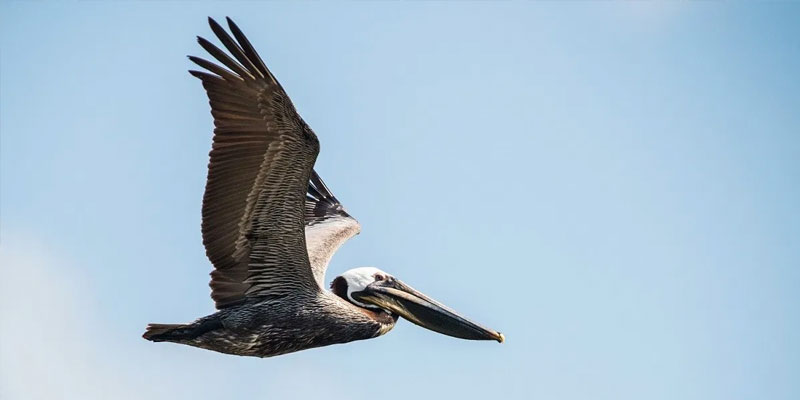A tiny freshwater fish, recently rediscovered in Alabama, will get some help to survive, thanks to a grant from the nonprofit National Fish and Wildlife Foundation (NFWF).
For more than 50 years, the trispot darter had not been seen in the state. That is, until 2008, when scientists discovered a small population in St. Clair County.
The new grant, through NFWF’s Southeast Aquatics Fund, will be used in part to make habitat improvements along a creek where the fish lives. The grant will help support additional research to potentially identify other nearby sites where the fish may exist.
Alabama Power and its parent company, Southern Company, support NFWF and the Southeast Aquatics Fund. Alabama Power has actively participated, in coordination with the U.S. Fish and Wildlife Service (FWS), in efforts to enhance habitat for the trispot darter.
Last year, FWS officially listed the trispot darter as a threatened species. The multi-colored fish, which grows to less than 2 inches in length, has long been found in parts of the Coosa River Basin in southeastern Tennessee and northern Georgia, but had not been seen in Alabama for decades.
“They’re very unique; they migrate like salmon,” Pat O’Neil told Alabama NewsCenter in 2019 when he was deputy director of the Geological Survey of Alabama (GSA). O’Neil rediscovered the trispot darter population in Alabama.
Trispot darters typically live less than three years. In winter and early spring, they swim upstream to spawn, moving from larger creeks and waterways into smaller tributaries and rivulets.
Last year, Alabama Power worked with FWS and other partners on a project to improve trispot darter habitat. It removed culverts underneath a road on company property that crosses a tributary of Little Canoe Creek in St. Clair County where the trispot darter lives. The culverts, which prevented the fish from moving upstream, were replaced with a bridge and the stream bed restored to a more natural state.
With support from the new NFWF grant, a similar culvert-replacement project, coordinated again by FWS, will move forward at another location along the tributary.
“The NFWF funding will allow us and other partners, including private landowners, to expand upon ongoing restoration efforts within the Big Canoe Creek watershed,” said Lee Holt, an Alabama-based biologist with the FWS Partners for Fish and Wildlife Program. “Specifically, this effort will include working with the St. Clair County Commission and engineers to remove a fish passage barrier within known trispot darter habitat. Such efforts are only possible through much collaboration and cooperation with various partners, including county and state governments, utility companies and corporations, and private landowners.”
Jeff Powell, deputy supervisor of the U.S. Fish and Wildlife Service Alabama Field Office, said that “for the trispot darter, implementing recovery actions would not be possible without the support of these dedicated organizations.”
In addition, FWS biologists will conduct research to gain a better handle on the darter population in the area. Additional surveys will be undertaken in hopes of identifying locations where the darter may live or that could be suitable habitat for expanding the population.
“We are pleased to work with NFWF, the private sector and other federal agencies to implement conservation actions through the Southeast Aquatics Fund,” said FWS Director Aurelia Skipwith. “Conserving aquatic species and habitats in the southeastern United States is an important focus area for the service, and our collaborative work in Alabama’s Big Canoe Creek watershed and other areas will benefit species, habitats and people.”
“The U.S. Fish and Wildlife Service was instrumental in helping us improve fish passage for trispot darters on our property,” said Jason Carlee, Alabama Power environmental affairs supervisor. “It’s great to see other landowners working together to make life easier for this little fish.”
“This little fish has a big spot in my heart,” said Jesalyn McCurry, Southern Company environmental stewardship program manager. “Protecting nature and communities are important to Southern Company, which is why we support on-the-ground conservation like this project for the trispot darter.”
(Courtesy of Alabama NewsCenter)




